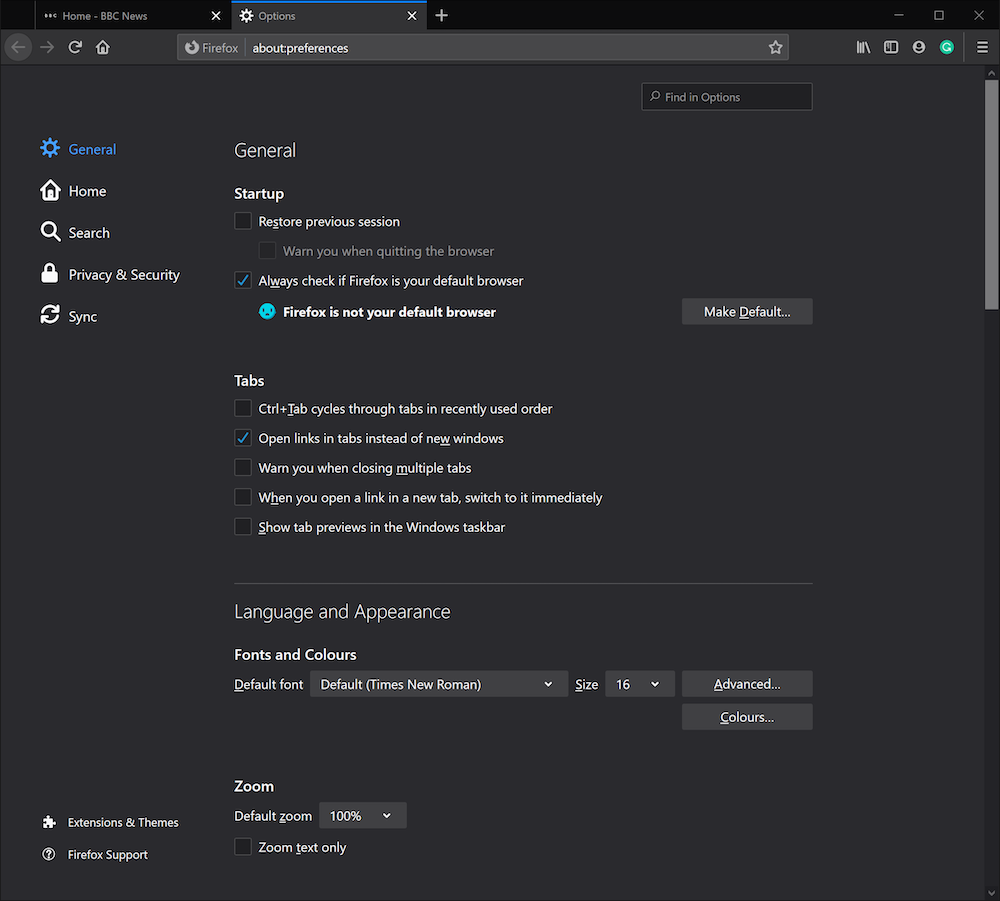Not everyone gets by with the default browser on their computer, and when it comes to picking an alternative, Firefox is one of the most popular out there, having clawed back support from upstart rivals like Google Chrome and Opera in recent years by switching to a rapid release cycle, ensuring major new versions of the browser are released every six weeks.
It’s true to say that individual updates often fail to deliver anything substantial, but cumulatively they roll together to produce a web browser that is radically different to the one – version 4 – that marked the start of a new era back in 2011.
Some of the landmark new features we’ve seen include a per-site Permissions Manager, enhanced Sync options, tabs on demand, silent updates and add-on enhancements. We also saw the launch of specific development branches including UX, which has led to the new Australis user interface, which sees a streamlined tab, revamped menu and customisation features.
One group particularly well served by the rapid release cycle have been developers, and a plethora of tools from Javascript Scratchpad (from Firefox 6) to full-blown Developer Toolbar (from Firefox 16) have worked their way into successive builds as Firefox courts this important community of users.
And underpinning this all are a constantly evolving set of performance improvements, standards support (HTML5 and CSS3 are constantly being added to, for instance) and bug fixes.
Verdict:
If you're going to stick it to the man and avoid the Chromium browser engine, then supporting Firefox is a no-brainer.







Your Comments & Opinion
Improve the performance of Firefox with just a couple of mouse clicks
Manage, view, convert, sync and remotely access your e-books with this all-in-one management tool
Manage, view, convert, sync and remotely access your e-books with this all-in-one management tool
Manage, view, convert, sync and remotely access your e-books with this all-in-one management tool
Final release version of Microsoft's Chromium-powered Edge browser
Final release version of Microsoft's Chromium-powered Edge browser